David Bingham’s 17 goals helped Caley Thistle win Division One and reach Scottish football’s top-flight 20 years ago.
And the former Dunfermline and Livingston attacker revealed the knowledge – and empathy – displayed by manager John Robertson on and off the park really helped him hit the heights.
Bingham had worked under Robbo as a coach at Livi and, in 2003, he was on the radar of several suitors when he opted to move on from the Premiership Lions.
Brian Rice was assistant to John Hughes at Falkirk – two men who would later be in the Inverness dugout in the same capacities.
Rice wanted Bingham, 32 and already working on his UEFA B licence, to sign for the Bairns, who were in the same division as Caley Thistle.
But Robbo, who was by then the ICT gaffer, had already persuaded the forward to show his talents up north in the bid for First Division glory.
Bingham, talking to The Press and Journal two decades on, said: “I’d given John my word that if I couldn’t stay in the Premier League I would move up and join Inverness.
“One of the other defining factors was Donald Park was Robbo’s assistant.
“My captain at Livingston for the last couple of years Stuart Lovell had worked under Donald at Hibs and spoken so highly of him in terms of his coaching. Stuart was someone whose opinion on the game I held very highly and he loved his time with Parky.
“I thought it would be an ideal opportunity to work under a couple of good coaches.”
‘It was all clicking into place at Caley Thistle’
Bingham knew the high standard of player at ICT he’d be adding to, and said: “I looked at some of the Inverness players, many of whom were there from Steve Paterson’s time.
“They were a good side and they always gave us (Livingston) a hell of a game – even going back to the Second Division. And they were always very entertaining games.
“Having worked under John at Livingston, I knew the type of football that he wanted to play, and we discussed it time and again – he would always talk about the way he liked to play.
“We (Caley Thistle) had a really good team and I think that was evident even in pre-season.
“It was all kind of clicking into place and it turned into quite a season that was just so many roller coasters and it ended up in that terrific battle with Clyde at the end of the season that everyone talks about.”
Inverness hold nerve to clinch league title
Inverness took a big step towards the title in the penultimate game of the season with a 2-1 win over Clyde at a packed Broadwood Stadium, which left the Highlanders top of the table by one point.
Then, on a dramatic final afternoon, Bingham scored to give ICT the lead against St Johnstone at the Caledonian Stadium.
A cracking response from Keigan Parker made it 1-1 at the break.
Clyde, meanwhile, were coasting 3-0 at Brechin City – a game they went on to win 5-2.
Inverness had to win and Barry Wilson’s penalty on 55 minutes raised the roof before Paul Ritchie got the party started with his goal sealing a 3-1 Caley Thistle victory.
The wait for the SFL helicopter to arrive with the trophy was worth it for all involved as ICT prepared for their first step into Scottish football’s top-flight.
Bingham added: “It was key that we just had to match Clyde’s result in the last game.
“I think we kicked off a wee bit late – probably because of the size of the crowd (6,092).
“Word got to us from the Clyde were already two-up or something. I can’t verify that, but ultimately, we knew we had enough quality, and we were far better than St Johnstone on the day.
“After Barry’s penalty, the last few minutes were a celebration.
“You could see what I meant to everyone, including Parky – I had never seen him jump so high.
“It was a great end to a terrific season – and I was only there a year.
“It’s a year of my life from which I will forever have fond memories. That goes hand in hand when you have success. You tend to remember those moments with more fondness.”
Robbo a ‘football man with empathy’
Bingham remains forever grateful to Robertson for allowing him to continue to train in Livingston for much of the 2003/24 campaign due to the striker’s son being autistic.
Bingham said: “John Robertson was great.
“Earlier in the season, from November, we were having some issues with my son, and John arranged for me to train at Livingston on Mondays and Tuesdays from November.
“You could see Robbo was a football man with empathy and being able to manage people.
“I asked what the other players would think. This stuck with me – Robbo says to me: ‘If you’re happy off the park, we’ll get the best out of you on the park’.
“We won the league because we had a terrific team.
“And knowing that when I left a home game on a Saturday, I wasn’t having to come back up to Thursday, took a massive weight off my mind. My family was the most important thing.”
Bingham’s son was the reason there was to be no SPL return for the forward in ICT’s debut season.
Instead, he moved to Gretna, then a Third Division club – but with big ambitions and making their own way to the top-flight.
Bingham explained: “I had to move. It was nothing to do with the footballing side. It was just purely from my family’s side because of my son being autistic and my wife was at university and just wasn’t going to have to travel.
Bingham’s game for Caley Thistle wasn’t just goals
Paul Ritchie was the top ICT scorer that term with 22 goals, Bingham had 17, and Barry Wilson and Steven Hislop each scored 14.
Although thrilled to chip in with such numbers, Bingham says his style was more about creating openings for others.
He said: “I’ve always got goals, but it’s never been the be-all and end-all of my game.
“If I compare myself to Paul Ritchie, he would first and foremost ask ‘Can I get a shot away?’ That’s what you want in a striker, an out-and-out striker – whereas I’d always be looking for someone in a better position than me.
“I’m not saying all the time, but I’m more likely to weigh up the options and try to choose the most favourable for the team.
“With Paul, similar to Robbo and Ally McCoist, they’d be more tunnel vision – ‘where’s the goal, where’s the goal? – that’s why their record at scoring is vastly superior to mine.
“Robbo had a specific role for me in the team. He knew that I would get goals, but he knew that I would create probably as many if not more than I scored. It was brilliant.”
Challenge Cup was part one of double
As well as winning the Division One title, Bingham helped the Highlanders clinch another piece of silverware in 2003/04.
In October 2003, Bingham and Steven Hislop scored second half goals to sink Airdrie to win the Challenge Cup (now the SPFL Trust Trophy).
There was also real excitement as Inverness went all the way to the Scottish Cup semi-finals, where, after a Hampden draw with Dunfermline, they lost the midweek replay at Pittodrie.
Few will forget how ICT reached that last-four tie – with Bingham’s close friend Wilson crashing home a 35-yarder at Motherwell to knock the Steelmen, managed by another future Caley Jags gaffer in Terry Butcher, out.
Injury denied Bingham a shot at Motherwell, but he was back in the team for the semi against the Pars, who lost the final 3-1 to a Henrik Larsson-inspired Celtic.
Bingham believed the club’s second successive run to the last four of the Scottish Cup, having lost to Dundee the previous year, sent a message to Scottish football.
He said: “It was a great run. It showed what we were capable of. I think it was evidence that the club would be an asset to the Premier League if we won the First Division.”
Bingham’s fingers crossed for Inverness revival
Bingham was gutted to see Caley Thistle plunge into administration this season, with Scott Kellacher’s side currently 11 points adrift at the foot of League One.
Having still been at Gretna in 2007-2008 when liquidation followed administration, Bingham hopes Inverness can survive their plight and target a push back up the SPFL.
He said: “Survival is the most important thing.
“Hopefully, they can get out the administration. They’ll probably have to take their medicine in terms of that.
“That was a great win on Saturday. Most people would not have been expecting that because Cove were flying.
“Hopefully, Inverness can maybe use that as a springboard. It’s going to be difficult because the squad is weakened.
“I suffered the same at Gretna. They rely on less experienced players – sometimes, you can find a gem or two. There’s less pressure on them and it’s all about trying to stay in League One and get a buyer.”
“You can’t hide from the fact that they’ve been living outwith their means – it has caught up with bigger clubs than Inverness.
“Hopefully, they’ll learn from that and when they do manage to get out of administration, they can get back on a sound financial footing.
“Hopefully, we’ll see them in the not-too-distant future. Who knows… in the Championship, then maybe a wee bit further up.”
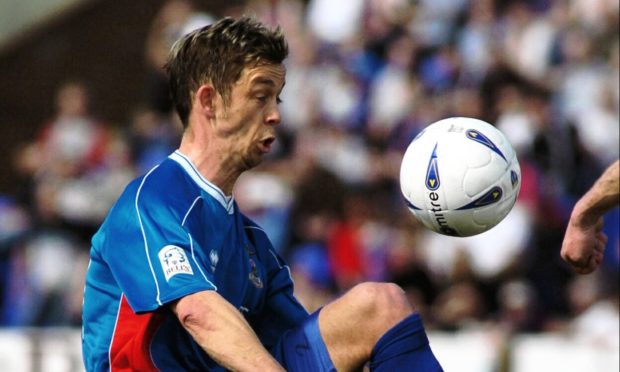
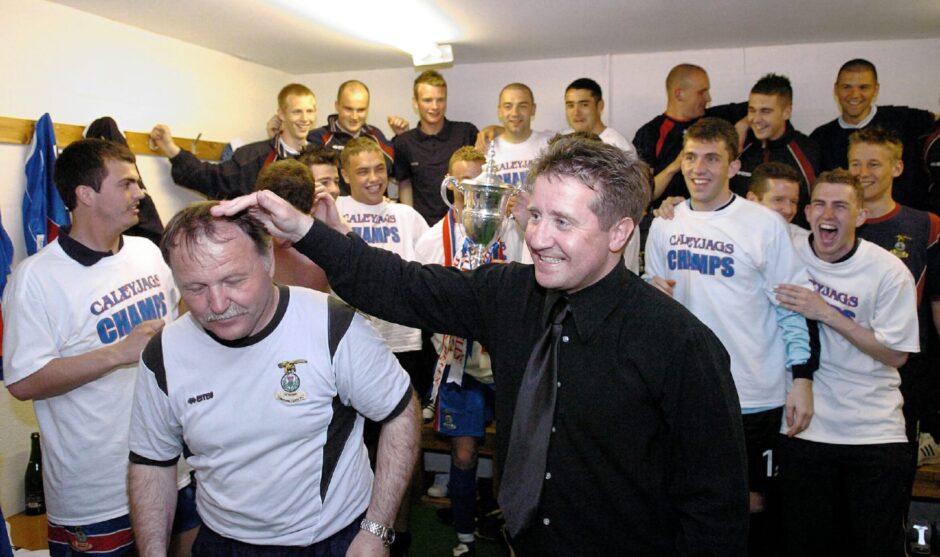
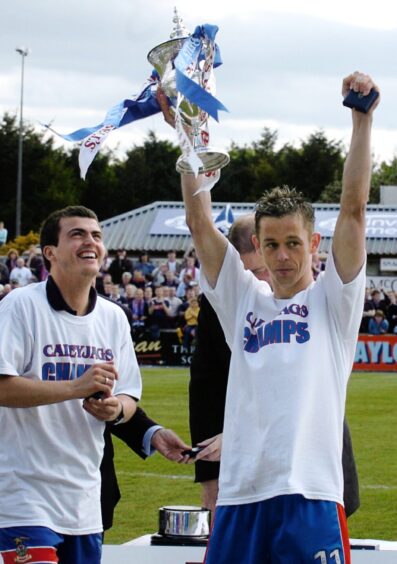
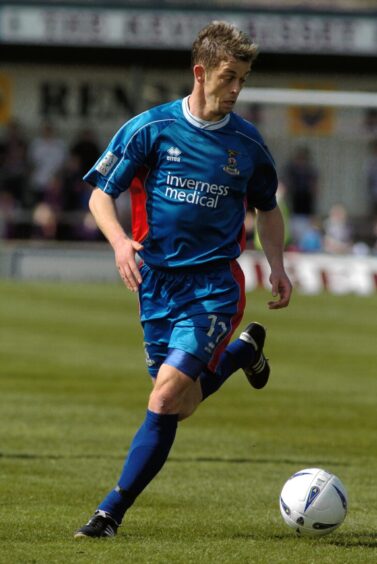
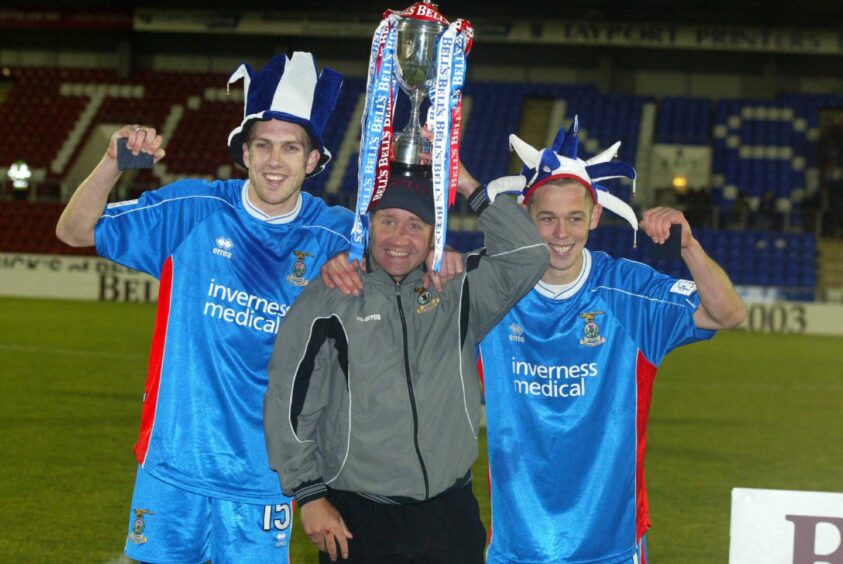
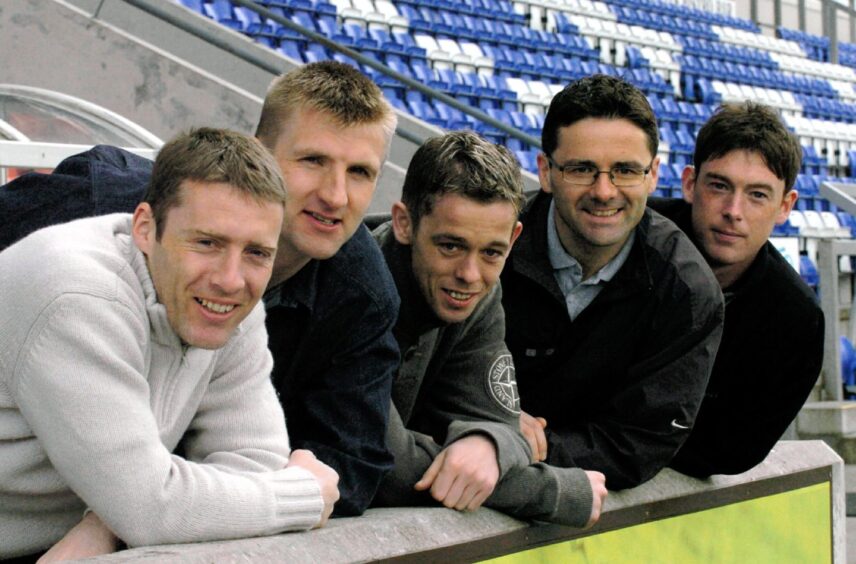
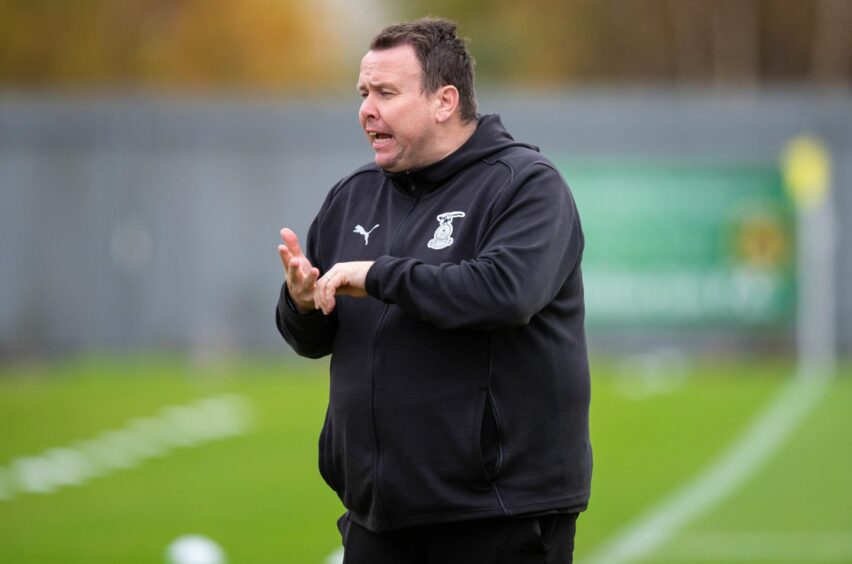

Conversation